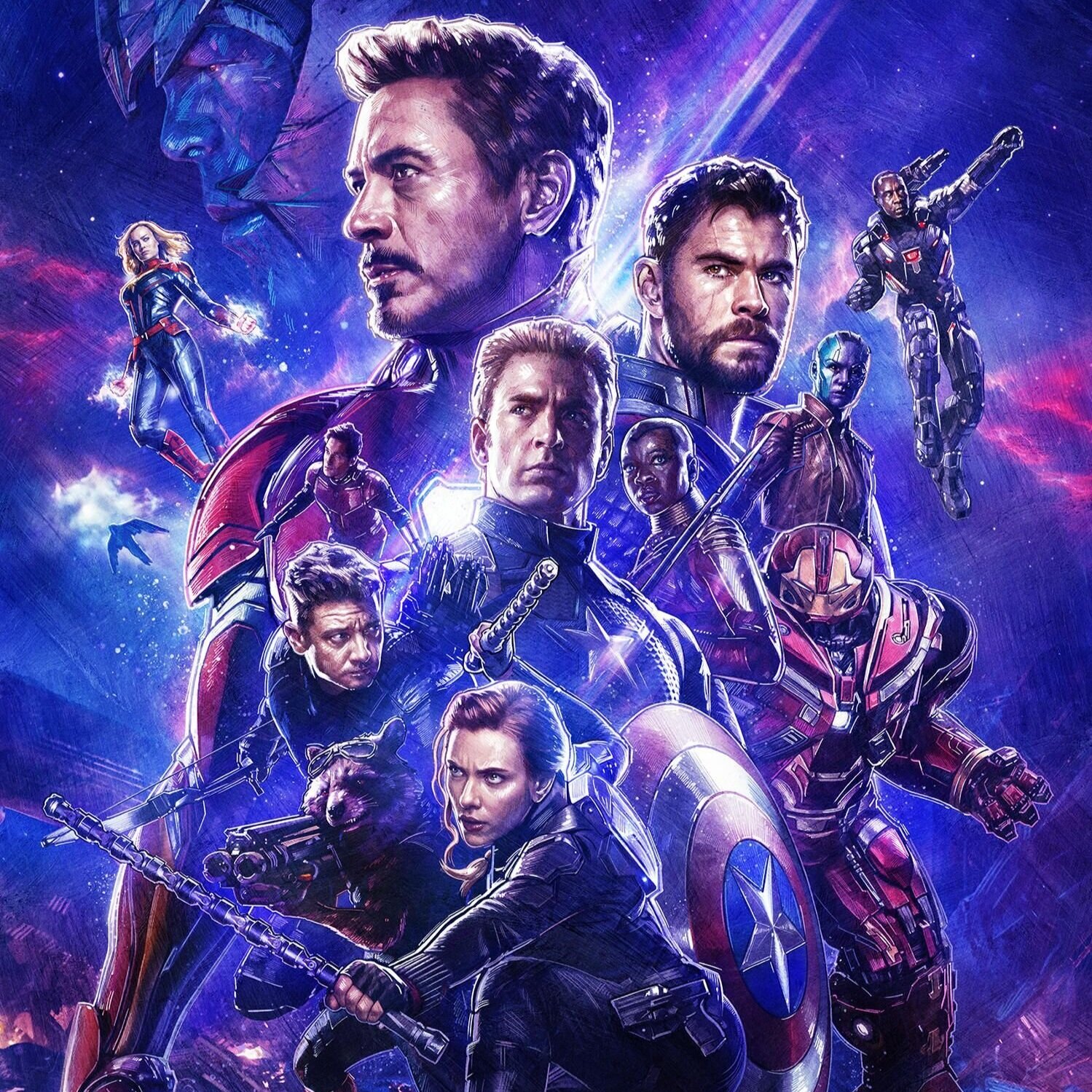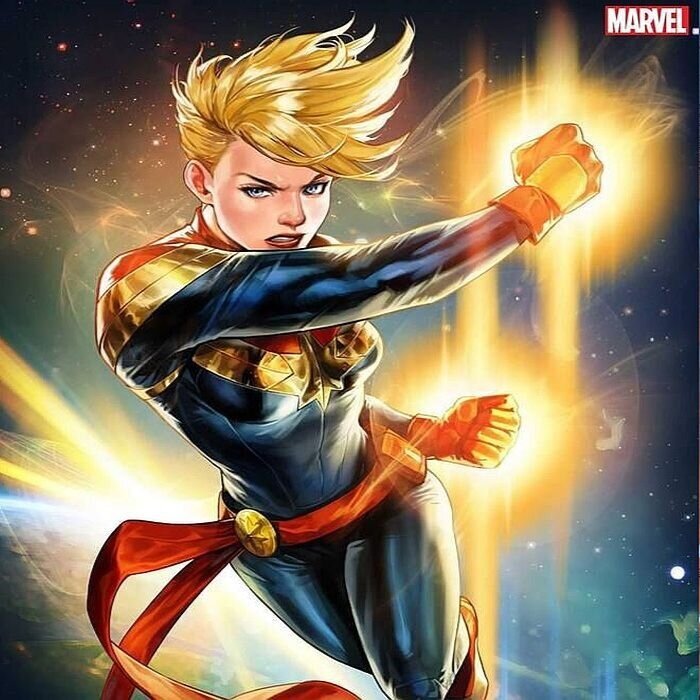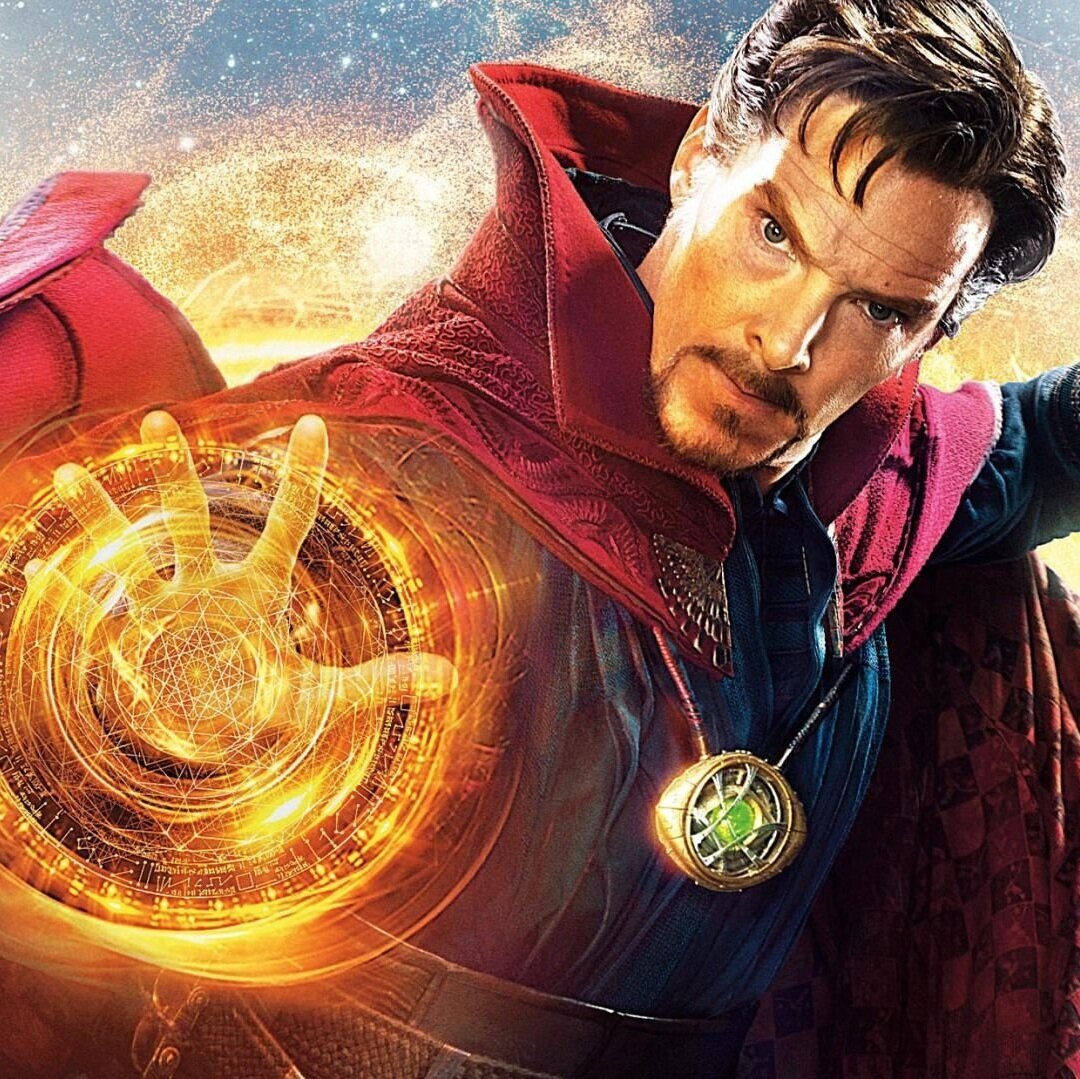Guest Article: Stop Comparing Superhero Films to Their Comics
Penn Sophomore Eren Ozer is not a member of the Moviegoer, but wanted to publish his amazing article on the site. Check out his other superhero-related article here
Comic book fans are living in the best of times.
A decade ago, who would have believed that in the span of a single year, we would get to see four different superhero films with countless others prepping to hit the theaters in the near future? While fans are excited to see their favorite heroes gain popularity among wider audiences, a considerable portion views new superhero films as doing a disservice to the characters and their creators by taking liberties with the content.
Though fans' frustrations are understandable, they are not always justified.
Having a very narrow understanding of the source material when revamping legendary superheroes can actually hinder the adaptability and attractiveness of the hero in the eyes of new audiences.
The audience of the superhero genre is not limited to the small group of die-hard comic book junkies anymore. Ever since Tim Burton's Batman, which had Michael Keaton, a very prominent actor, play Batman, superhero movies have come to constitute a major part of the film industry.
This increase in prominence, however, has naturally placed the superhero plots under a different form of scrutiny, one that places a greater emphasis on logical coherence. Since a major portion of its audience now consists of casual movie-goers who don't share the loyalty felt by comic book fans, superhero films have to have a keen eye on realism.
The greater scrutiny on realism and logical coherence requires directors to take liberties to patch loopholes in the source material. Case in point: Sam Raimi giving Spiderman organic web-shooters instead of having him build his own.
In the comics, one of the defining features of Spiderman/Peter Parker is his superior intellect. And his intellect is best illustrated when he engineers cutting edge web shooter technology, which allow him to swing through the bustling streets of New York City. While this feat is rarely questioned by comic book readers, who suspend their disbelief for the sake of plot development, general audiences wouldn't be so easily swayed. In fact, they would be more likely to question this aspect of the narrative.
If Peter Parker is supposed to be poor, why doesn't he just patent his web-shooters and other gadgets and make a fortune? How did he get the materials to build his web-shooters in the first place?
Naturally, to preempt these sorts of questions, which reveal a loophole in the Spiderman narrative, Sam Raimi abandoned the source material and had Spiderman develop natural web shooters, which are attributed to his mutation. While this change in the narrative certainly angered many comic book fans, it also, ironically, made the Spiderman narrative more believable to a larger general audience.
Bryan Singer took a similar measure in directing the X-Men trilogy. Imagine Wolverine being portrayed by Glenn Danzig from the Misfits instead of Hugh Jackman. A weird concept, right? Well, not really.
Wolverine in the comics is depicted as a 5-feet-3-inches tall monster-like figure who dons his signature yellow spandex not to intimidate, but to hide his ugliness. He was a figure who emerged in the 70s as an embodiment of the iconography of the anti-hero, which rose to prominence as a result of the Vietnam War.
Now contrast this image with the image of heroes that emerged in the 1990s and 2000s, which marked the beginning of the second wave of consumer culture in the United States. Now, the objects audiences desire need to be bigger, better and most importantly, sexier. Needless to say, the original Wolverine that emerged in the 1970s certainly would not have been popular in the 1990s, at least not as much as a Wolverine portrayed by Hugh Jackman, a universal sex symbol.
While I am in no way suggesting that the comics are bad or that new superhero films are better than their comic origins, I hope that by looking at these examples it is perhaps easier to understand that in trying to adapt legendary superheroes to the big screen in a new era, directors have to take certain liberties with the source material in order to make the heroes relatable to new audiences. We shouldn't fault directors and screenwriters for doing so. After all, there are different reasons we enjoy comics and movies.






























